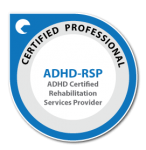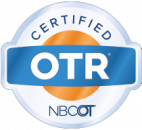

We are in the middle of our summer parenting workshops at Kids Empowered 4 Life. During these workshops, I speak briefly about a topic in ADHD parenting – behavior challenges, screen time, executive functioning, etc – then I coach families through their specific struggles with that topic or anything else. If you missed this summer’s sessions, don’t worry! I will bring them back in the fall. In the meantime, I will provide you with five parenting tips that you can start using today.
Parenting children with ADHD is not easy! If you’d like to attend the next series of workshops, please email us at kidsempowered4life@gmail.com. For more information on parent coaching, fill out an inquiry form.




Copyright 2024 © Kids Empowered 4 Life. All rights Reserved.
All information on the Website is presented as informational only and is not a replacement for therapy assessment, diagnosis, intervention, or medical advice. The information provided on the Website is provided “as is” without any representations or warranties, express or implied. Kids Empowered 4 Life assumes no responsibility for errors or omissions that may appear in the Website.